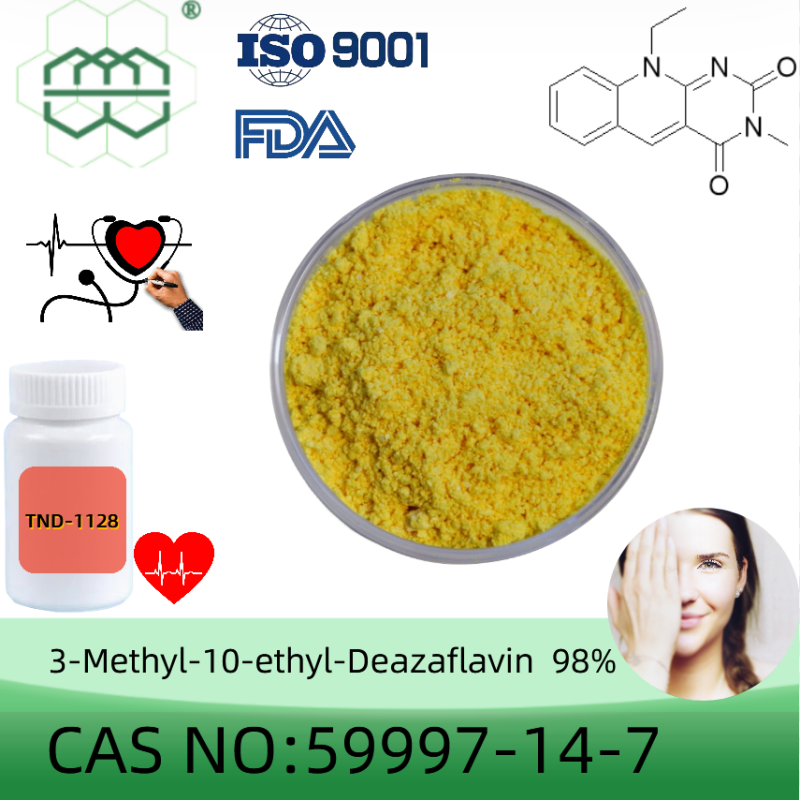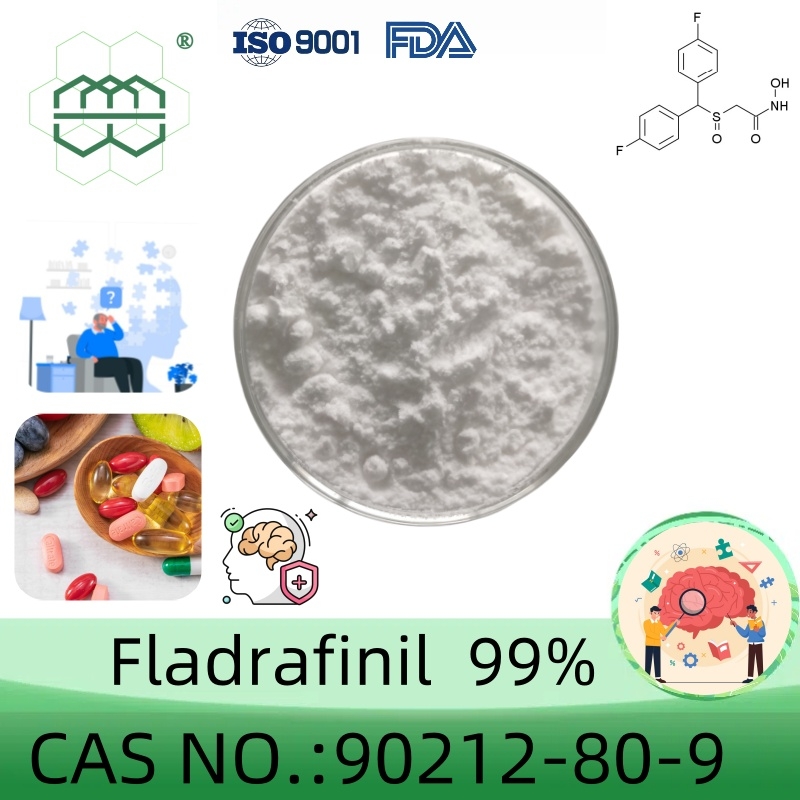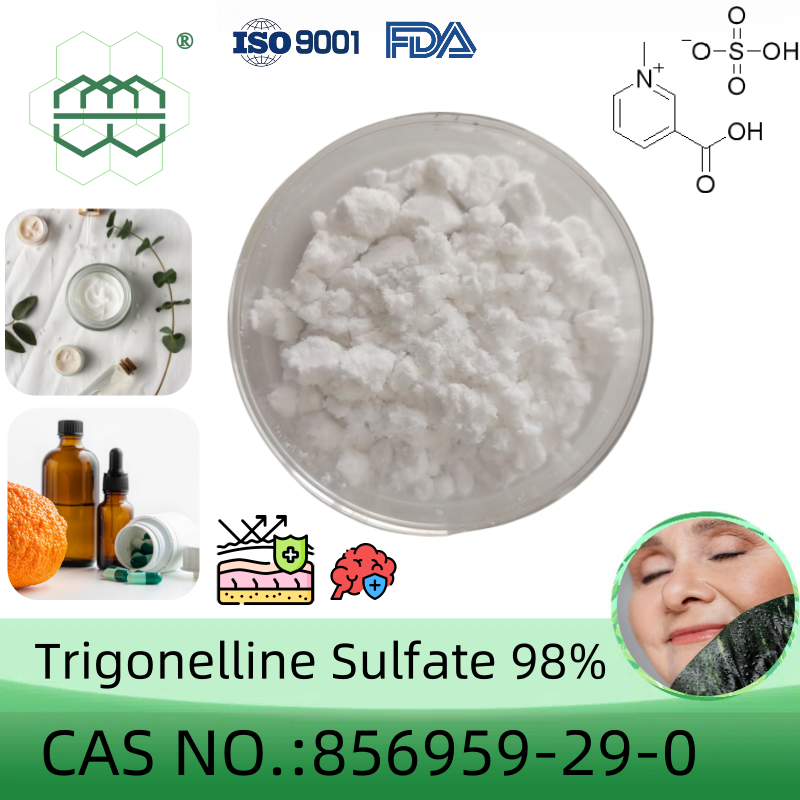-
Categories
-
Pharmaceutical Intermediates
-
Active Pharmaceutical Ingredients
-
Food Additives
- Industrial Coatings
- Agrochemicals
- Dyes and Pigments
- Surfactant
- Flavors and Fragrances
- Chemical Reagents
- Catalyst and Auxiliary
- Natural Products
- Inorganic Chemistry
-
Organic Chemistry
-
Biochemical Engineering
- Analytical Chemistry
-
Cosmetic Ingredient
- Water Treatment Chemical
-
Pharmaceutical Intermediates
Promotion
ECHEMI Mall
Wholesale
Weekly Price
Exhibition
News
-
Trade Service
With the advancement of the Healthy China Initiative, the topic of sugar reduction and sugar control has received widespread attention from all walks of life, but the public has doubts
about how to use sugar rationally and reduce sugar scientifically.
To this end, Kexin Food and Health Information Exchange Center, together with the Institute of Nutrition and Health of the Chinese Center for Disease Control and Prevention, the Health Communication Branch of the Chinese Preventive Medicine Association and the Chronic Disease Prevention and Control Branch of the Chinese Preventive Medicine Association, issued the "Scientific Three Minus Smart Sugar" Joint Tips to cooperate with the Healthy China Action and help consumers, especially children, adolescents, overweight and obese people, develop reasonable dietary habits
.
In addition to providing sweetness in food, sugar also affects texture, taste, aroma and color, and is also often used as a pickling and preservative raw material, so it is widely used
in home cooking and the food and beverage industry.
Sugar control and sugar reduction are the general trend, but sugar should not be demonized
.
In fact, sugar is one of the important nutrients for life-sustaining activities: in addition to providing energy, it is also an important substance that makes up the body's tissues and cells, in addition to participating in fat and protein metabolism
.
The key to the relationship between sugar and health is quantity, and excessive intake will be harmful
to health.
According to the "Sugar Intake Level and Risk Assessment Report of Urban Residents in China", the average daily intake of urban residents aged 3 and above in China is 9.
1 grams of sugar, which is far lower than many other countries in the world, and also lower than the daily control amount of 50 grams recommended in the Dietary Guidelines for Chinese Residents (2022
).
However, it is worth noting that in recent years, the sugar intake of children and adolescents in China has increased year by year, which is not conducive to the prevention and control
of obesity and related chronic diseases.
Chen Junshi, an academician of the Chinese Academy of Engineering, pointed out that children, adolescents and overweight and obese people should pay more attention, and the general population can enjoy food under the premise of a reasonable diet, without talking about sugar color change
.
Food diversity and balance are at the heart of a healthy diet, and controlling added sugars alone will not fundamentally improve health
.
Controlling energy intake is an important way to prevent and treat overweight, obesity and related chronic diseases, and sugar control is an important aspect of energy control, but not all
.
Ding Gangqiang, director of the Institute of Nutrition and Health of the Chinese Center for Disease Control and Prevention, stressed that the focus of sugar control is to control added sugar, rather than the fructose, lactose, etc.
naturally contained in fruits and vegetables, milk, etc.
, and the intake of fruits and vegetables and milk of Chinese residents is generally insufficient
.
The main source of sugar Chinese eaten is cooking, so controlling the amount of sugar used in home kitchens, canteens, and restaurant kitchens is essential
for sugar control and sugar reduction.
Zhong Kai, director of Kexin Food and Health Information Exchange Center, said that dishes made by traditional cooking methods such as sweet and sour, teriyaki, shredded and fried sugar should not be eaten frequently and in large quantities, and merchants can be required to put less or no sugar when eating out or ordering takeaway, accompany meals with water or tea, and replace desserts with fresh
fruits.
In addition, when purchasing food, you can choose products that replace sweeteners or partially replace sugar
.
Processed foods are not the main source of sugar intake for Chinese residents, but with the increasing consumption of prepackaged foods, the health impact of unreasonable consumption should also be paid attention to
.
Chen Junshi, an academician of the Chinese Academy of Engineering, pointed out that food and beverage companies need to further improve processing technology, reduce the amount of sugar added in food and beverages, provide more low-sugar, sugar-free or small packaging products for the public to choose, and study the use of sweeteners to replace sugar related technologies
.
At the same time, corporate publicity should respect science, not excessive marketing, do not use misleading information, and guide the public to understand sugar and sweeteners
scientifically and objectively.
(Liu Yanfang)
Responsible editor: Xiao Zhihan Review: Ouyang Meihua







